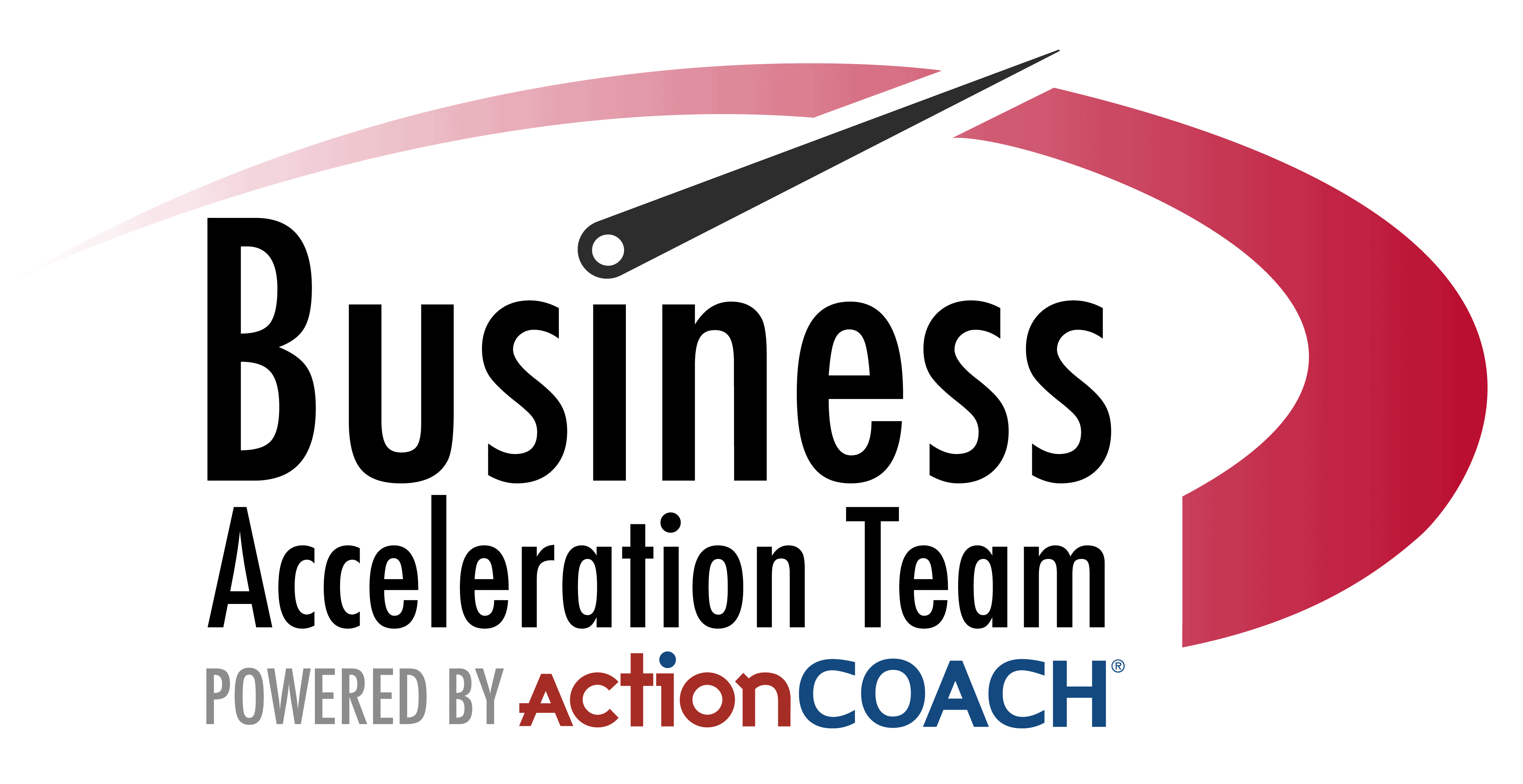
15 Sep When Business Coaching Doesn’t Work (And How to Make It Work for You)
Let’s say the quiet part out loud: sometimes business coaching fails. Not because coaching is broken—but because a few predictable pitfalls kill momentum before results ever show.
If you’re considering coaching (or you’ve tried it and felt burned), this is your field guide to what goes wrong, why it happens, and how to fix it—so you don’t waste a minute or a dollar.
The 5 Pitfalls That Derail Coaching
1. Lack of Commitment
Coaching isn’t a magic pill. If you won’t show up, implement, and be coachable, nothing moves.
“You can’t hire someone else to do your push-ups.” — Jim Rohn
Fix it: Block the time. Make decisions fast. Do the homework. Treat commitments like client work.
2. Choosing the Wrong Coach
Not all “coaches” are created equal. Some read a couple of books; others are certified operators with a track record.
Fix it: Ask for proof. What outcomes did they drive? What’s the framework? What does a typical 90-day plan look like?
3. Mismatched Expectations (Coaching ≠ Consulting)
If you expect someone to ride in, fix everything, and hand you a shiny, turnkey business—that’s consulting. Coaching is guidance + challenge + accountability while you build the muscle.
Fix it: Align roles and outcomes on paper—before starting. Agree on KPIs, cadence, and who does what.
4. Short-Term Thinking
People quit too soon. Systems, leaders, and profit take time to compound. Digging up seeds after two weeks doesn’t yield a harvest.
Fix it: Commit to a 90-day cycle (minimum) with weekly scorecards and quarterly resets. Measure trendlines, not day-to-day noise.
5. The Fit Factor
Coaching is a relationship. If there’s no chemistry—no challenge, no trust—progress stalls.
Fix it: Interview your coach. Look for clear thinking, direct feedback, and calm pressure. You should feel both supported and pushed.
Coaching vs. Consulting: Know What You’re Buying
- Coaching: Clarifies strategy, builds leaders, installs accountability, and helps you execute.
- Consulting: Diagnoses and often implements for you (playbooks, projects, done-for-you builds).
- Smart move: Use coaching to own the operating rhythm; pull in consulting for specialized builds (pricing model, CRM architecture,
How to Choose the Right Coach (So You Don’t Burn Cash)
- Outcomes: Case studies with before/after metrics.
- Framework: A repeatable operating system, not random tips.
- Cadence: Weekly/biweekly reviews + quarterly planning.
- Commercial Fluency: Pricing, margin, cash, hiring, throughput.
- Fit: Respect + push. You should leave calls clearer and a little uncomfortable—in the best way.
Coaching doesn’t work when there’s no commitment, the coach is the wrong fit, expectations are off, the time window is too short, or chemistry is missing.
Coaching does work when you commit to a 90-day rhythm, align on outcomes, measure the right numbers, and choose a coach who brings a system—not a pep talk.


Sorry, the comment form is closed at this time.